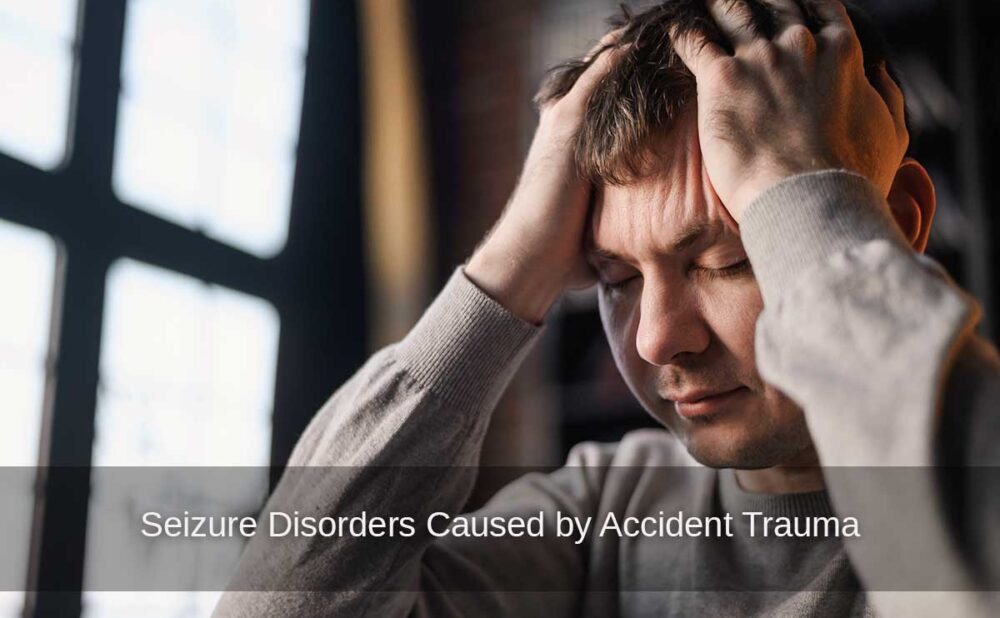Seizure Disorders Caused by Accident Trauma in Georgia
Seizure disorders resulting from traumatic brain injuries (TBI) are a significant concern in Georgia, mirroring national trends. These conditions not only affect individuals’ health but also impose substantial economic and social burdens.
Understanding Post-Traumatic Seizures and Epilepsy
Post-traumatic seizures (PTS) are seizures that occur following a traumatic brain injury. While some individuals may experience a single seizure, others may develop post-traumatic epilepsy (PTE), a chronic condition characterized by recurrent seizures. The risk of developing PTE varies, with estimates ranging from 2% to over 50%, depending on factors such as the severity of the injury and the presence of early seizures.
In Georgia, the incidence of TBI-related seizures is a growing concern. In 2019, the Georgia Brain and Spinal Injury Registry recorded 29,924 TBI injuries, with a significant portion resulting from falls, motor vehicle crashes, and assaults. These injuries often lead to seizures, highlighting the need for effective prevention and management strategies.
Risk Factors and Demographics
Certain populations are at higher risk for developing seizure disorders following traumatic brain injuries. Research indicates that individuals who sustain severe TBIs, such as those involving penetrating head wounds or depressed skull fractures, are more likely to experience seizures. Additionally, early seizures occurring within the first week post-injury increase the likelihood of developing PTE.
In Georgia, the demographic most affected includes individuals aged 10 to 19, who accounted for nearly 24% of all registered TBI cases in 2019. This age group is particularly vulnerable due to factors such as increased physical activity and risk-taking behaviors.
Economic and Social Impact
The economic implications of TBI-related seizures are profound. In Georgia, TBI-related injuries cost over $1.5 billion annually in lost wages and medical expenses. The long-term care needs of individuals with PTE compound these costs. Individuals with PTE may require ongoing medical treatment, rehabilitation, and support services.
Socially, individuals with seizure disorders often face stigma and discrimination, which can affect their quality of life and access to services. Organizations in Georgia are launching public awareness campaigns and creating support networks to address these challenges for affected individuals and their families.
Prevention and Management Strategies
Preventing traumatic brain injuries is the most effective way to reduce the incidence of seizure disorders. Public health initiatives in Georgia focus on promoting safety measures such as helmet use, seat belt enforcement, and fall prevention programs.
For individuals who have sustained a TBI, early medical intervention is crucial. The use of antiepileptic drugs (AEDs) shortly after the injury may reduce the risk of developing PTE. However, the effectiveness of AEDs in preventing PTE remains a subject of ongoing research.
Long-term management of PTE includes regular monitoring, medication adherence, and lifestyle modifications to reduce seizure triggers. Support from healthcare providers, family, and community resources plays a vital role in enhancing the quality of life for individuals with PTE.
Seizure disorders resulting from traumatic brain injuries are a significant public health issue in Georgia. Addressing this challenge requires a multifaceted approach that includes prevention, early intervention, and long-term management strategies. By increasing awareness and providing support, Georgia can improve outcomes for individuals affected by TBI-related seizure disorders.





